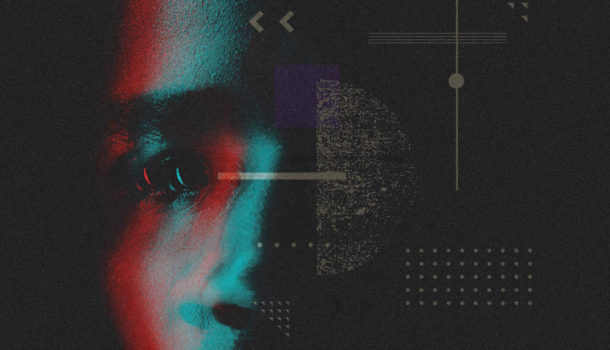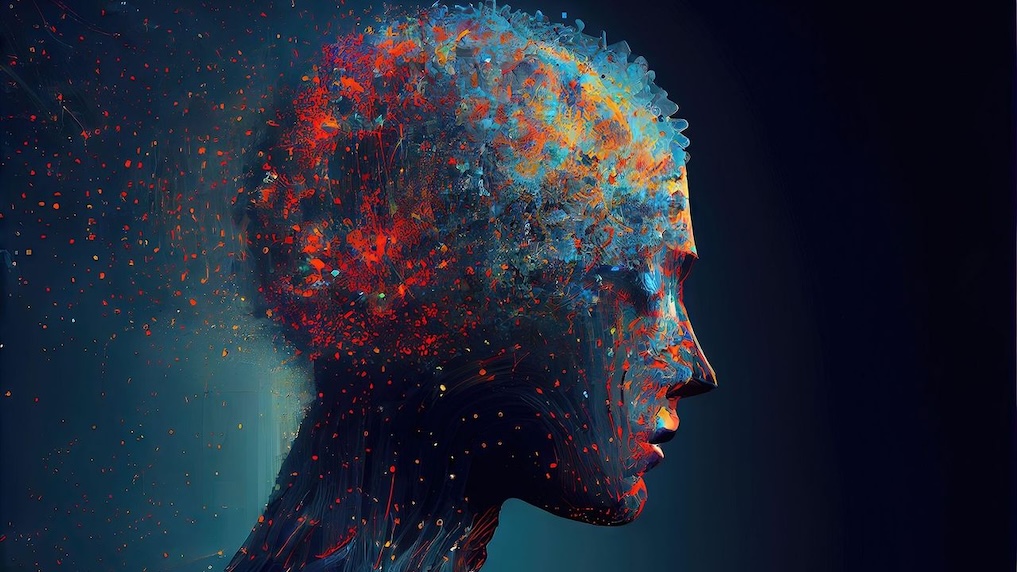
As the Fourth Industrial Revolution advances, virtually all job openings will emphasize judgment and decision-making and an ability to manage people and resources.
BY FAISAL HOQUE
More and more we’re finding ourselves standing at the intersection of humanity and technology. Whether we’re working side-by-side with autonomous robots on the factory floor, spreading the happy news about a new addition to the family on Facebook, or asking Siri to help us get from point A to point B as quickly as possible, all aspects of our lives are closely connected to technology in one way or another.
Some of those “connections” are downright threatening. The Fourth Industrial Revolution, which includes developments in previously disjointed fields such as artificial intelligence (AI), machine learning, robotics, nanotechnology, 3D printing, and genetics and biotechnology, is expected to cause widespread disruption not only to business models but also to labor markets over the next five years, the World Economic Forum reports, with “enormous change predicted in the skill sets needed to thrive in the new landscape.”
According to an Oxford study, developed nations can expect to see job loss rates of up to 47% within the next 25 years. Additionally, a Pew Research Center study found that “robotics and artificial intelligence will permeate wide segments of daily life by 2025, with huge implications for a range of industries such as healthcare, transport and logistics, customer service, and home maintenance.”
Most of us are increasingly unprepared for this rapidly changing world of working. Should we all focus on enhancing our technical skills? What about those so called ‘soft skills,’ like critical thinking, communication, empathy, mindfulness, resiliency, decision-making, self-awareness, etc., that make us better leaders.
In this era of technology and automation, where news articles foreshadow a time when robots will take over our jobs, technology vendors churn out new innovations on an almost-daily basis, and companies scramble to find alternative sources of labor, where do the humanities stand?
In my view, the skills that come from a strong education in the humanities are becoming more important than ever.
A recent RBC research paper, Humans Wanted – How Canadian youth can thrive in the age of disruption, has revealed that:
- Being ‘human’ will ensure resiliency in an era of disruption and artificial intelligence.
- Skills mobility—the ability to move from one job to another—will become a new competitive advantage.
- The demand for “human skills” will grow across all job sectors and will include critical thinking, coordination, social perceptiveness, active listening, and complex problem solving.
- Rather than a nation of coders, digital literacy—the ability to understand digital items, digital technologies or the internet fluently—will be necessary for all new jobs.
- Global competencies like cultural awareness, language, and adaptability will be in demand. Virtually all job openings will place significant importance on judgment and decision making and more than two thirds will value an ability to manage people and resources.

In his book “You Can Do Anything: The Surprising Power of a ‘Useless’ Liberal Arts Education,” George Anders says:
“Curiosity, creativity, and empathy aren’t unruly traits that must be reined in. You can be yourself, as an English major, and thrive in sales. You can segue from anthropology into the booming new field of user research; from classics into management consulting, and from philosophy into high-stakes investing. You can bring a humanist’s grace to our rapidly evolving high-tech future. And if you know how to attack the job market, your opportunities will be vast.”
When I was a kid, I wanted to become an entrepreneur, engineer, and an inventor. And I have been passionately pursuing that dream since my teenage days. What I did not realize then is how much personal gratification I would get from writing. Writing is one of those happy discoveries that has helped me to connect better with my purpose, myself, and my career goals. Writing has allowed me to find myself when I was looking for answers. The ability to write is a critical human skill.
I knew at the very beginning of my career in the early ’90s that technology would have a serious impact on socio-economic growth, individually and organizationally.
What I had to learn is that there is a dividing line where automation ends, and basic humanities (or so called soft-skills) have to step up to the plate. Even Tesla’s Elon Musk admits that over-automation has hampered creativity and productivity at his company, which is well known for its innovative, out-of-the-box thinking on the automobile manufacturing front. In other words, where human interaction ends and full automation begins, ideas can die—maybe never to come back.
The constant cascade of new technologies will continue to create a more empowered population. We will be increasingly connected and isolated at the same time. We will demand more self-expressions. Within this topsy-turvy context, we all will have to learn how to leverage humanities to connect, inspire, and influence others and ourselves. It will be our collective responsibility to realize that humans can’t be replaced by technology; we have to ensure exactly how the two will intersect and intertwine in our future world.
Copyright (c) 2018 by Faisal Hoque. All rights reserved.
[Images: Shalom Mwenesi/Unsplash; Aleksei_Derin/iStock]
Original article @FastCompany.















